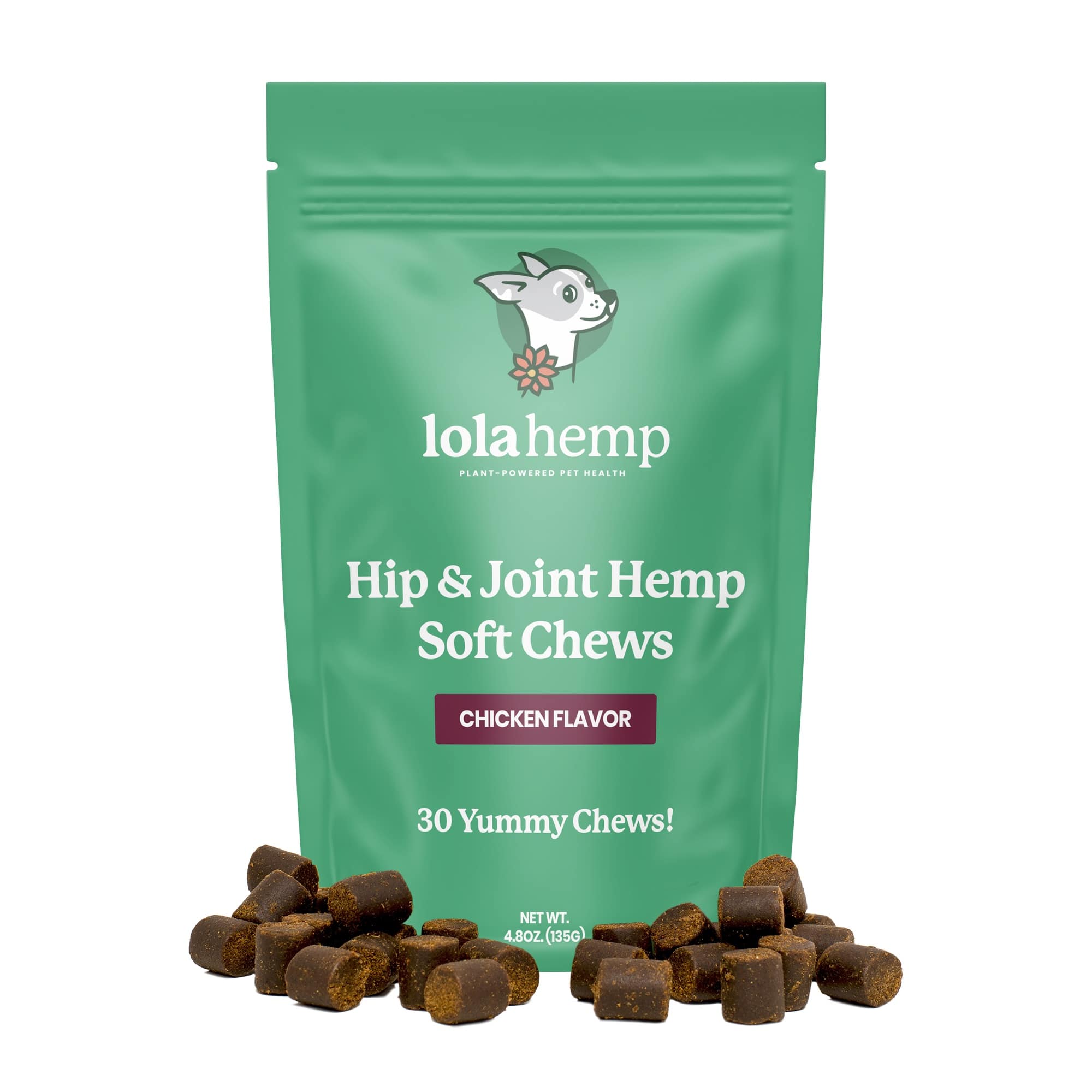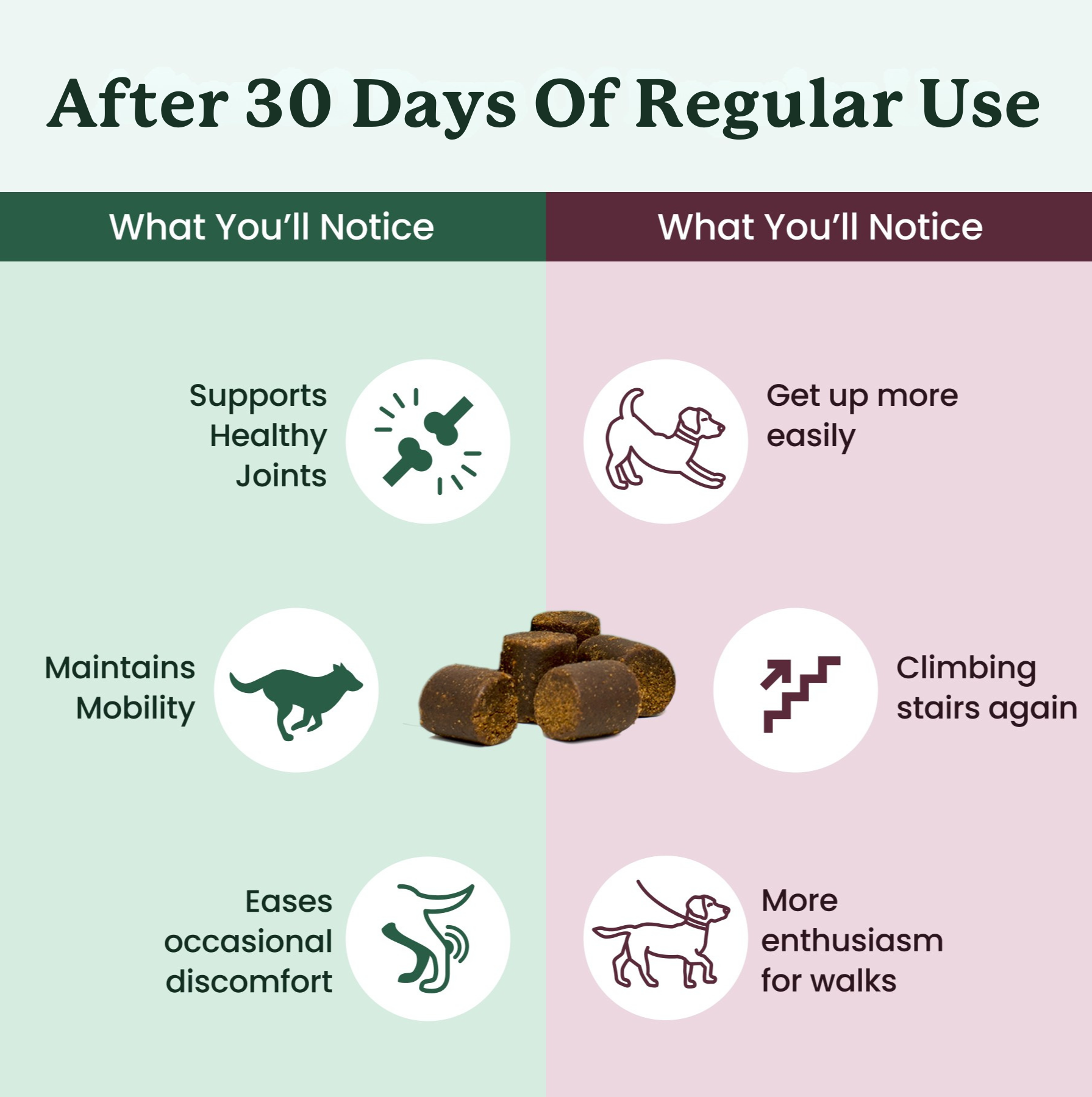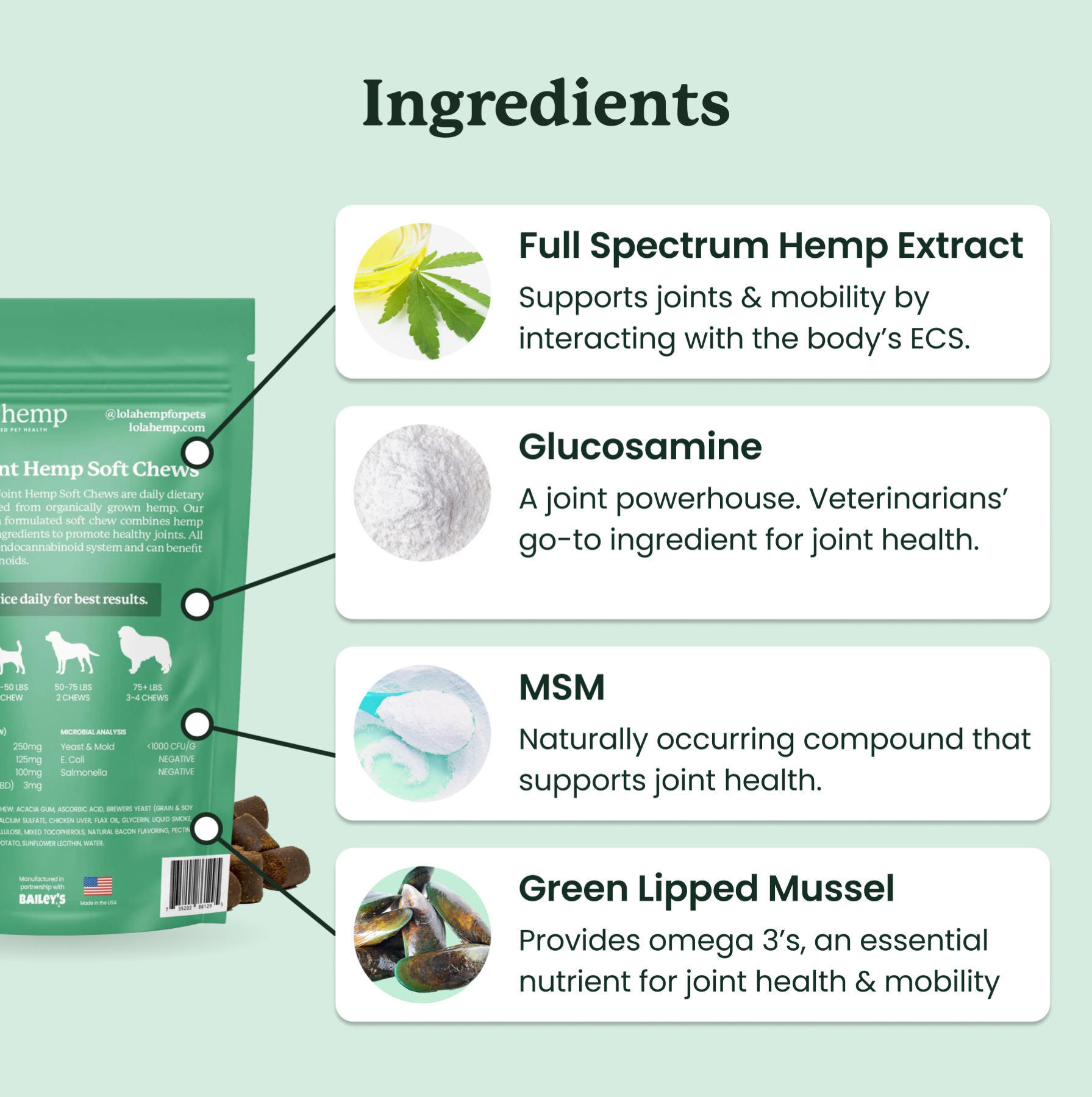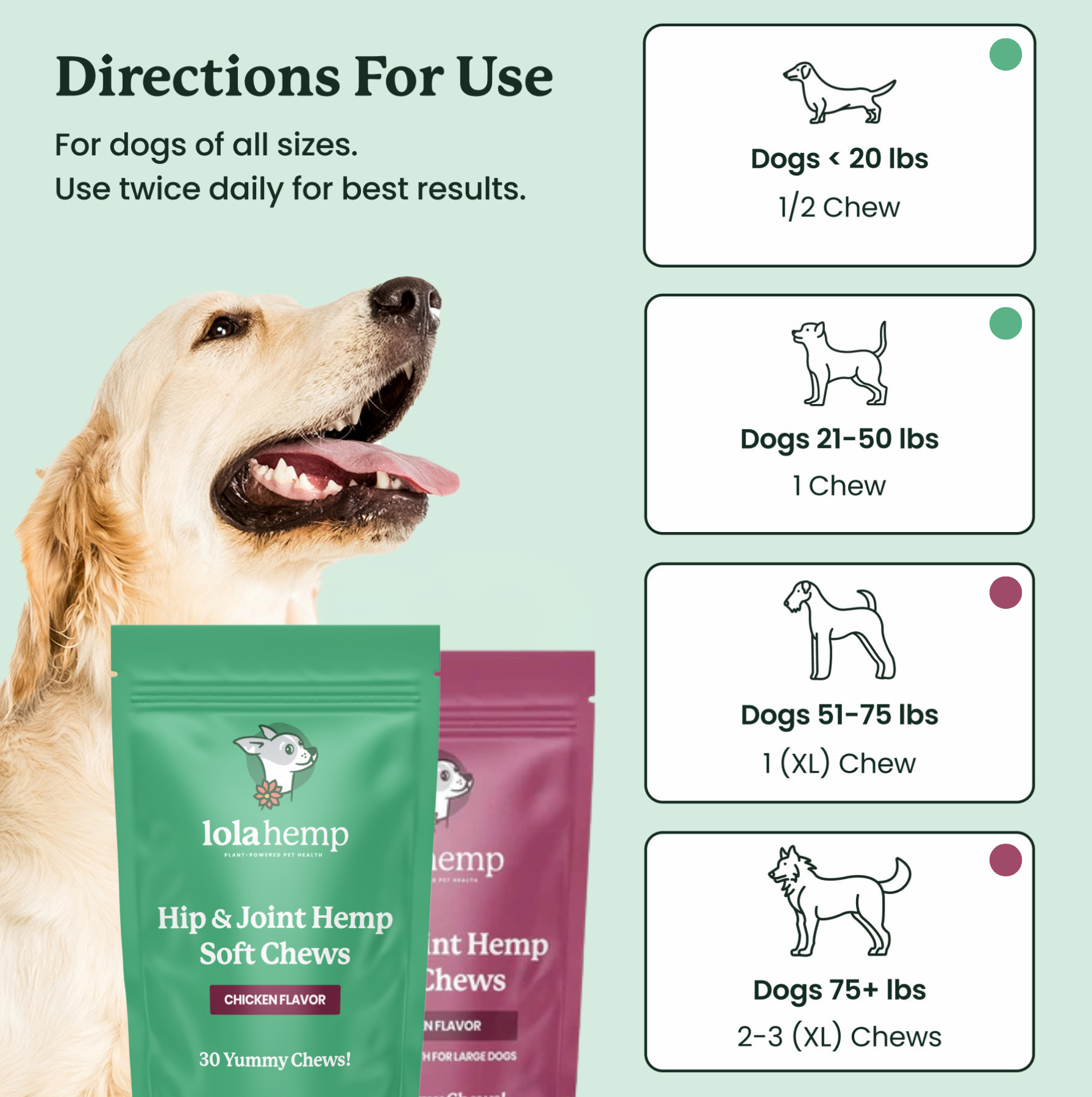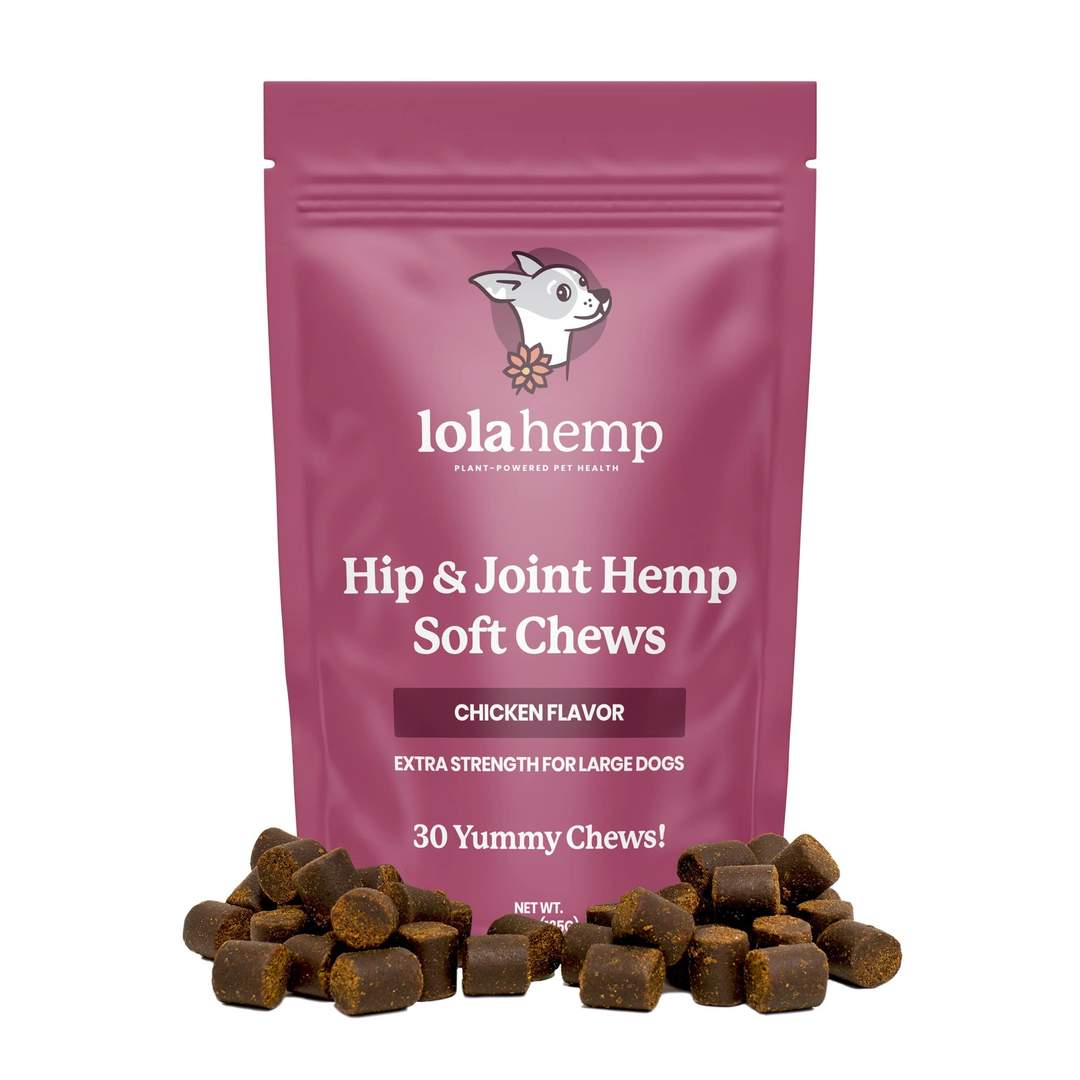Even though bacon is a delicious treat that most dogs will drool over, it's generally unsafe to give your dog, especially if it's raw. There are three primary health concerns when it comes to giving dogs raw bacon, and these are pancreatitis, risk of bacteria, and high sodium content.
Even so, are these issues that you should truly be worried about? After all, how can you deny your dog that little scrap of bacon they so desparately want? Let's find out.
The Key Health Risk of Bacon for Dogs: Pancreatitis
You don't have to worry if you give your dog one scrap of cooked bacon every now and then (by that, we mean once per month at the most). That said, giving your dog bacon regularly, even when it's cooked, can actually be very dangerous.
The first concern is that bacon is extremely high in fats and preservatives. Just because a slab of uncooked bacon looks natural, that doesn't make it so. The fats and preservatives in bacon can quickly cause inflammation of the pancreas, also known as pancreatitis.
A single high-fat meal (such as slabs of bacon, cooked or uncooked) can trigger pancreatitis within 48 hours leading to vomiting, diarrhea, lethargy, and abdominal pain. Repeatedly giving your dog high-fat options like this can lead to chronic pancreatitis and serious health complications.

Raw Bacon's Unique Health Concerns for Dogs
We've established that small amounts of bacon can contribute to pancreatitis in dogs, whether it's cooked or not. When bacon is raw, however, there are a few additional health concerns to be worried about. Let's look at these key issues:
- Bacterial Contamination: The odds that a raw pork product carries Salmonella or E. coli are generally pretty low (under 5% when the meat is regulated). Still, giving your dog uncooked bacon regularly over the course of their lives increases the risk of bacterial contamination and serious food poisoning significantly.
- Parasites (Trichinella Spiralis): Raw or undercooked pork carries the risk of carrying parasites such as Trichinella spiralis larvae. If ingested, your dog could get an infection called trichinosis which causes digestive issues, muscle pain and stiffness, fever, swelling, and more. While rare, trichinosis is a serious infection that could be fatal to some dogs.
- Intestinal Blockage: Even though bacon is soft, it's generally difficult to chew properly, making it likely to fold and block your dog's esophagus or fail to digest properly. Because it's difficult to digest, it can cause a blockage in your dog's digestive system. This risk is much higher in smaller dogs.
Salt Content & Dangerous Additives
The amount of salt in bacon can vary depending on the brand and type, but on average, a 1-ounce slice (about 28 grams) of cooked bacon contains around 190 to 250 milligrams of sodium. This is about 8-10% of the recommended daily sodium intake for an average adult human.
How Excess Salt Affects Dogs
- Safe Sodium Intake: The recommended sodium intake for dogs varies based on size, age, and health, but generally, dogs should have less than 100 milligrams of sodium per 100 grams of food. A small piece of bacon could exceed this, especially if the dog consumes multiple pieces.
- Excess Sodium: Regular or large amounts of bacon can lead to salt toxicity and other health problems like dehydration, kidney issues, or even sodium ion poisoning if a dog consumes too much.
Flavorings, Spices, & Additives Affect Dogs
- Nitrates & Nitrites: These preservatives in bacon can interfere with oxygen transport in the blood, leading to potential toxicity and long-term health concerns like cancer.
- Bacon is often flavored with smoked salts, sugars, and other seasonings. Some of these ingredients, such as garlic or onion powder, are toxic to dogs and can lead to gastrointestinal distress or even more serious conditions like hemolytic anemia (destruction of red blood cells).
What About Bacon Flavored Treats?
Bacon flavored treats are generally safe when they're formulated specifically made for dogs. When shopping for bacon-flavored treats, try to use products that contain "natural bacon flavor" because these are made from smoked meat extracts or natural bacon-derived ingredients rather than synthetic chemicals.
Always be sure to check the salt content of any treat, but most natural bacon-flavored treats should be safe for your dog.
Conclusion
Raw bacon poses a variety of risks to dogs. It's unwise to feed your dog bacon, raw or cooked, under any circumstances. While a single scrap of bacon is unlikely to have negative health consequences, consistent bacon in your dog's diet could cause health issues like pancreatitis, salt toxicity, and more.
If your dog loves bacon, its best to find treats with natural bacon flavoring that are formulated specifically for dogs.
Frequently Asked Questions About Is Bacon Bad for Dogs
Can dogs eat cooked bacon?
Small amounts of cooked bacon are unlikely to harm your dog, but regular feeding can increase the risk of pancreatitis and salt-related health issues.
Is raw bacon dangerous for dogs?
Yes. Raw bacon carries risks such as bacterial contamination, parasites, and digestive blockages.
What should I do if my dog eats raw bacon?
Monitor your dog for signs of illness such as vomiting, diarrhea, or lethargy and contact your veterinarian for further advice.
Can bacon cause pancreatitis in dogs?
Yes. Bacon is high in fat, and even a single high-fat meal can trigger pancreatitis in sensitive dogs.
Are bacon-flavored dog treats safe?
Yes, as long as they are specifically formulated for dogs and made with safe, natural bacon flavoring.

